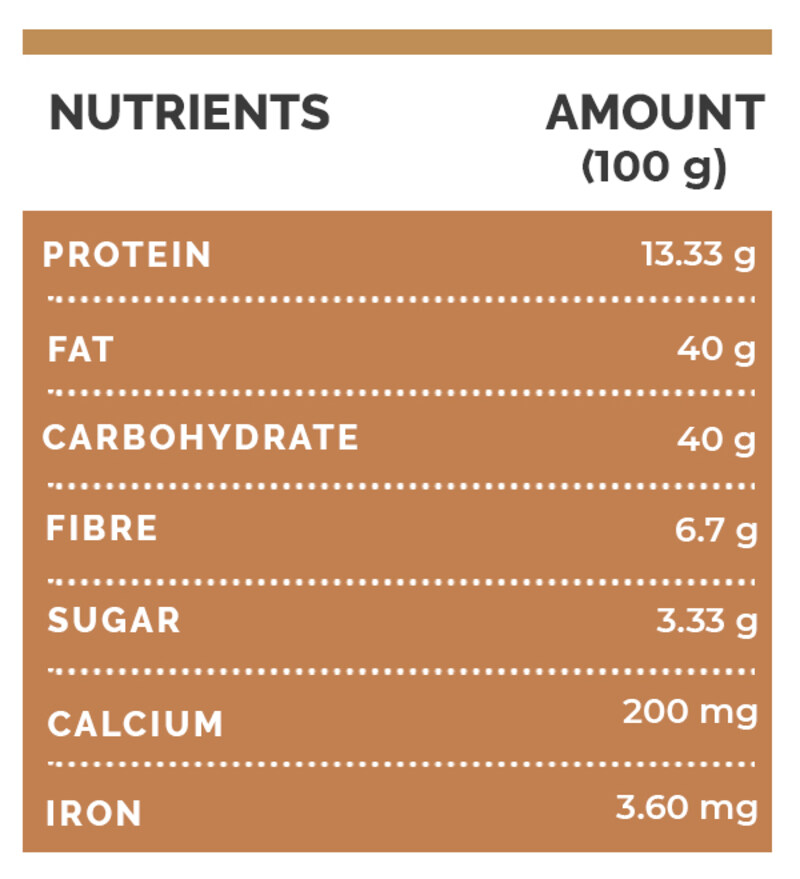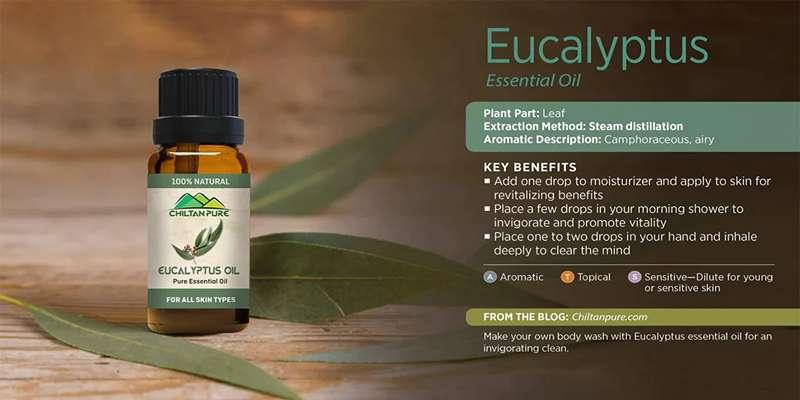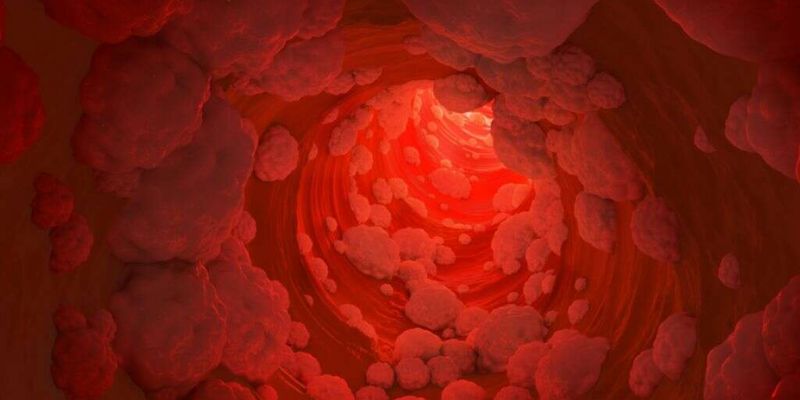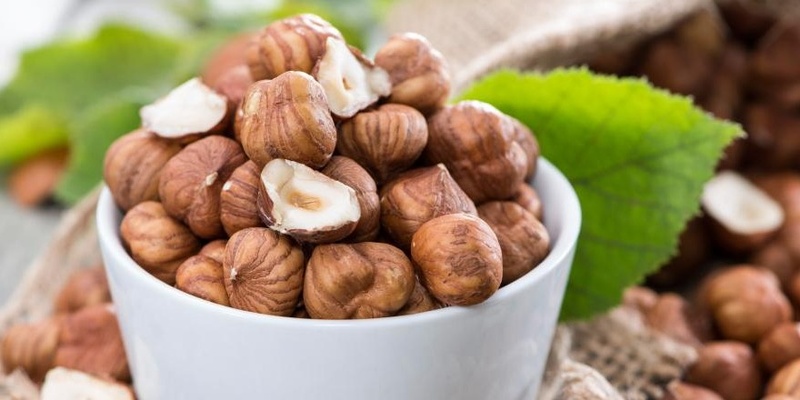Exploring the Nutritional Powerhouse - Hazelnuts
Jun 12, 2024 By Nancy Miller
Hazelnuts, commonly called filberts, are not just tasty but also full of many good things for your health. These nuts have important nutrients in them which make them a valuable part of any eating plan. This article will talk about the advantages that come from eating hazelnuts, what they contain nutritionally, and how you can use them practically every day.
Health Benefits of Hazelnuts
Hazelnuts, due to their good nutrient composition, are beneficial for health in many ways. They have a high content of healthy fats, especially monounsaturated fats that help the heart. Eating hazelnuts can lower bad cholesterol levels and lessen the chances of getting cardiovascular diseases. Additionally, hazelnuts contain antioxidants that are very important to prevent damage from oxidative stress and inflammation in the body. These antioxidants, like vitamin E, help neutralize free radicals which can decrease the chances of getting chronic illnesses such as cancer or neurodegenerative disorders.
Furthermore, hazelnuts contain dietary fiber that can aid in maintaining good digestion. It encourages normal bowel actions and prevents constipation. Fiber is also important for promoting a healthy community of bacteria in the gut which plays a crucial role in general wellness and healthiness.
- Omega-3: Hazelnuts contain omega-3 fatty acids which support heart health and cognitive function.
- Low Glycemic Index: Hazelnuts have a low glycemic index, making them suitable for maintaining stable blood sugar levels.
Nutritional Profile of Hazelnuts

Hazelnuts have a high nutritional value. They contain many vitamins and minerals that are important for maintaining good health. In every serving of 100 grams, there are around 628 calories from mainly fats. Hazelnuts provide a good source of vitamins such as vitamin E which is needed for having healthy skin and strong immune system functions. Hazelnuts are also rich in B vitamins, which include folate. Folate is crucial for DNA creation and fixing up. Minerals such as magnesium, calcium, and potassium that are present in hazelnuts help to keep your bones healthy, control muscle work and keep the right amount of electrolytes balanced in your body.
Hazelnuts, being rich in protein, can be viewed as an excellent source of plant-based proteins for those who are vegetarian or vegan. The presence of protein within hazelnuts, along with healthy fats and fiber content, makes them a filling snack that could aid in controlling hunger and managing weight.
- Low in Sugar: Hazelnuts are low in natural sugars, making them a healthy snack option.
- Phytosterols: These compounds in hazelnuts help in lowering cholesterol levels and improving heart health.
How to Incorporate Hazelnuts into Your Diet?
Making hazelnuts part of your eating routine is easy and they can be enjoyed in many yummy methods. You can eat them as they are, raw, like a snack, or roast them for more taste. Tossing chopped hazelnuts into salads, yogurt cups or oatmeal is an effortless technique to amplify nutritional content and introduce some crispy texture. Butter made from hazelnuts is another flexible choice. It spreads well on toast, can be mixed into smoothies, and is used as a dip for fruits and veggies. Grinding up hazelnuts can act like flour in baking too; you'll get a nutty taste that goes great with cookies, cakes, or breads.
In fancy cooking, you might use hazelnuts with savory foods like pesto or bird stuffing instead of pine nuts. Their strong flavor goes well in both sweet and non-sweet recipes, so they are an important ingredient for cooks.
- Shelf Life: Store hazelnuts in an airtight container in a cool place to maintain freshness.
- Allergy Note: Be aware of nut allergies and consult a doctor if you have any concerns before adding hazelnuts to your diet.
Hazelnuts and Heart Health
Hazelnuts hold a strong position in promoting heart health, with their good quantities of monounsaturated and polyunsaturated fats. These fats help lower amounts of LDL cholesterol (the bad one) while increasing HDL cholesterol (the good one). The equilibrium between these two types is very important for keeping our hearts strong and avoiding any issues related to it.
In addition, hazelnuts contain magnesium which helps in controlling blood pressure. Enough intake of magnesium assists in relaxing blood vessels, enhancing the flow of blood, and decreasing the chances of hypertension. Antioxidants are also present in them, especially vitamin E which aids in safeguarding cardiovascular health through the prevention of oxidative harm to cells and tissues.
- Fiber Benefits: The fiber in hazelnuts helps manage cholesterol levels and supports heart health.
- Anti-Inflammatory: Hazelnuts have anti-inflammatory properties that can benefit cardiovascular health.
Hazelnuts for Brain Health

Hazelnuts help brain health because they have lots of vitamin E and other antioxidants. Vitamin E is recognized to shield brain cells from harm caused by oxidation, which might lead to a reduction in cognitive skills and neurodegenerative illnesses such as Alzheimer's. Also, hazelnuts offer crucial fatty acids like omega-6 and omega-9 that play a role in keeping the physical structure of brain cells.
Hazelnuts have folate that assists in making neurotransmitters and DNA, which are very important for brain functions. Regularly eating hazelnuts can help with general brain health, improving memory and thinking abilities while also lowering the chances of cognitive decline linked to age.
- Mood Improvement: The B vitamins in hazelnuts can help improve mood and reduce symptoms of depression.
- Memory Support: Regular consumption of hazelnuts can help improve memory and cognitive function.
Hazelnuts and Skin Health
Hazelnuts, with their high vitamin E content, are good for the health of our skin. Vitamin E is an antioxidant that protects our skin from harm done by free radicals and things in the environment like UV radiation. It also helps keep elasticity and moisture in our skin, all important factors for a healthy look on your face.
Vitamin C, which helps with collagen creation, and necessary fatty acids for skin are also present in hazelnuts. Including them in your meals can assist overall skin wellness, lessen signs of getting old, and endorse a glowing complexion.
- Acne Reduction: The antioxidants in hazelnuts can help reduce acne and promote clearer skin.
- UV Protection: Hazelnuts provide some protection against UV rays, helping to prevent sun damage.
Conclusion
Hazelnuts provide many health advantages, from helping the heart and brain to improving skin quality. They have diverse nutritional elements such as good fats, vitamins, minerals, and antioxidants which make them an important part of any diet plan. You can easily add them to your dishes because they taste so good and are flexible for cooking purposes too. Hazelnuts taste good and give nutrition to your everyday meals, whether you eat them on their own, toasted, or in different dishes.







